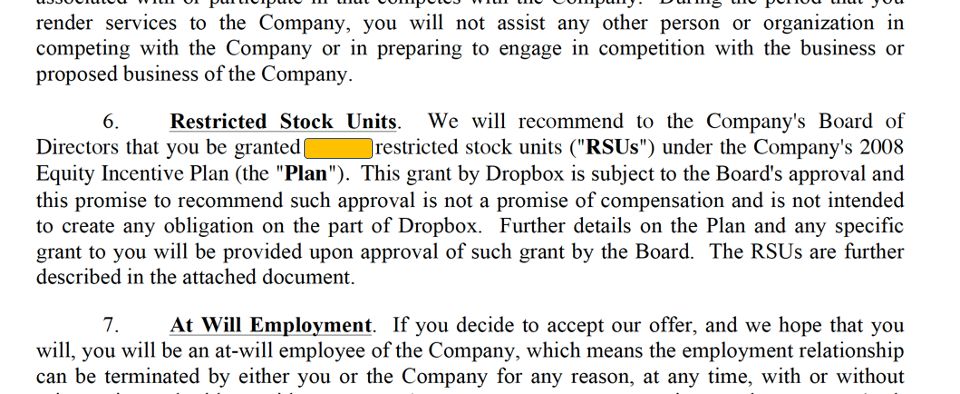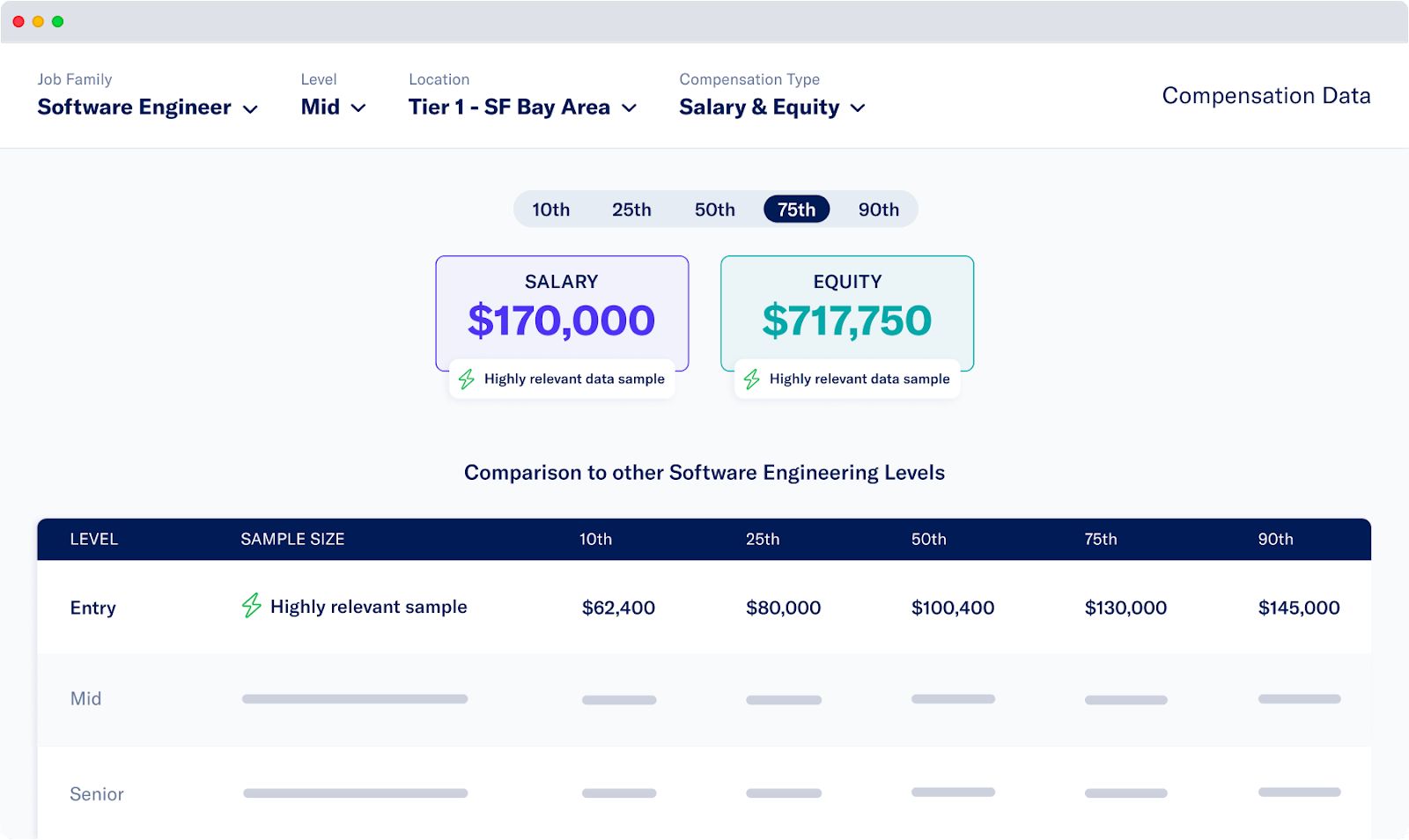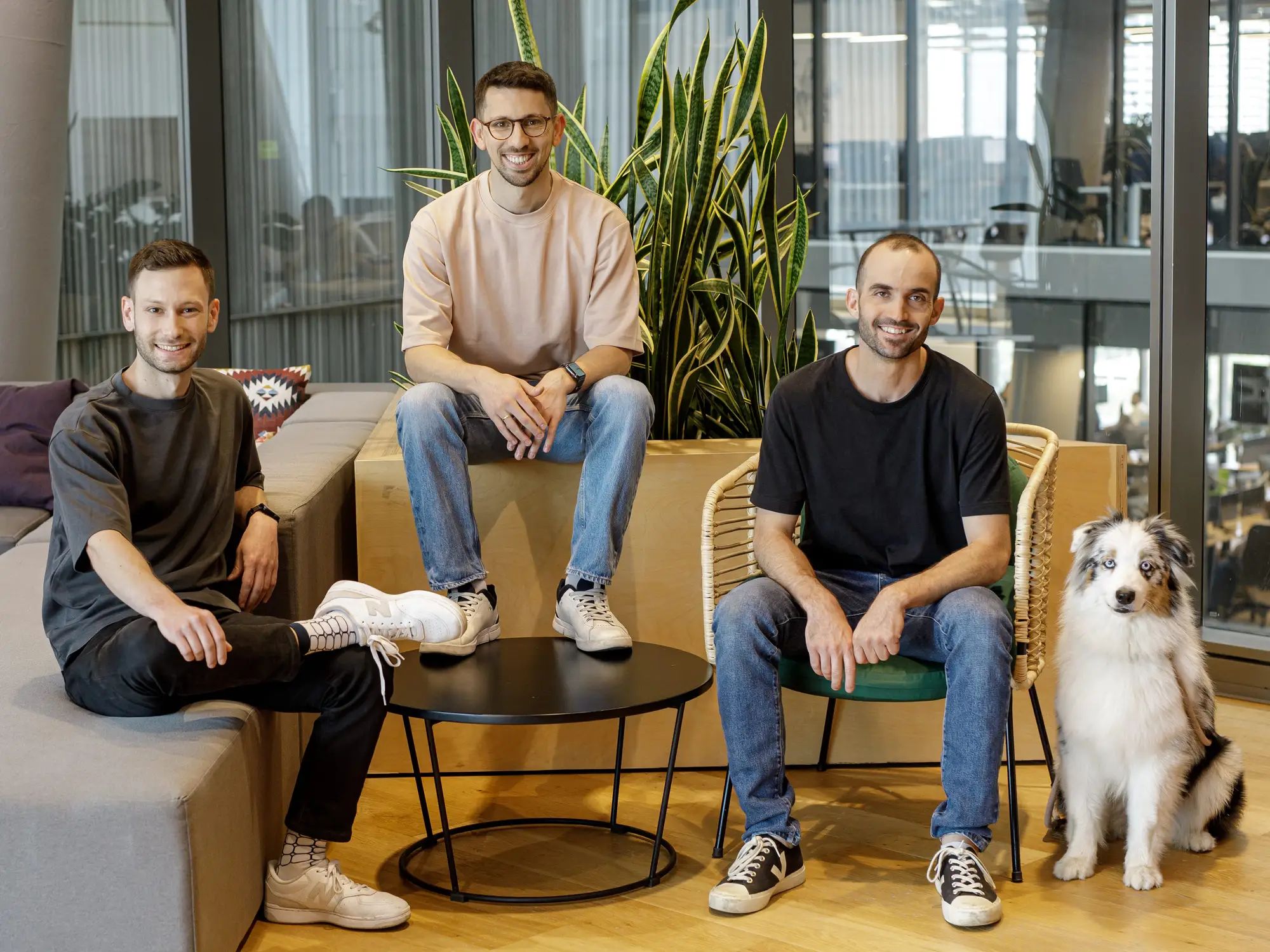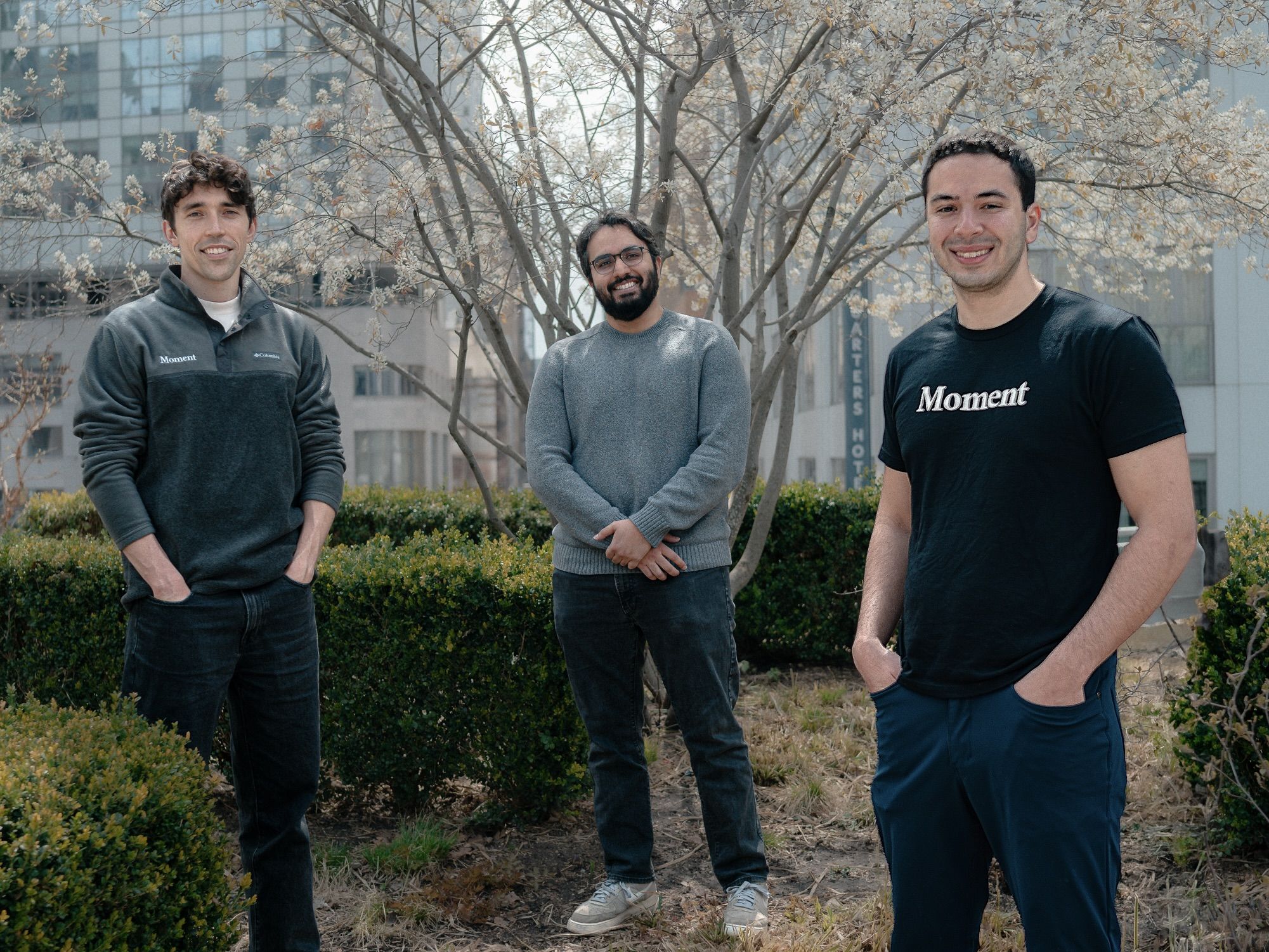Pave is Demystifying Compensation for the World’s Workforce

Talent is a company’s biggest asset. Great leaders have always understood this, and spend the majority of their time recruiting the best people to their organizations. But when it comes to actually paying employees, companies are often in the dark – using gut feelings rather than data to make decisions. This is increasingly problematic in a world in which workforces are going global and inflation is on the rise – resulting in a growing gender and minority wage gap. Pave is bringing fairness and transparency to compensation by transforming it from an art into a science. We’re thrilled to be leading their Series C round.
Compensation has been close to our hearts at Index for many years – my colleague Dominic Jacquesson even wrote a book on the subject back in 2018 that helped bring US-style equity grants to the European ecosystem. In my seven years at Index Ventures, it’s been one of the most debated and discussed topics in our partnership.
It’s also something deeply personal for me. When I received my offer to join Dropbox, nearly ten years ago, I was elated…and confused. After I finished celebrating like crazy in a Starbucks in midtown Manhattan, my hiring manager sent me a legal document with details of the offer – you can see a screen grab here (look familiar?):

Even though I’d spent many years as a financial professional, I had no idea how to assess the value of my offer. How much were they willing to pay me? Was it fair? In the end, even though I had no more clarity on those questions, I took a leap of faith and accepted it. My Dropbox experience was not unique – everyone in the workforce can point to a similar feeling of frustration caused by the finger-in-the-air decisions around compensation.
This experience stuck with me, and eventually led us to Pave. In just two years since they launched, I have seen Pave emerge as the de facto tool that our portfolio companies use to manage compensation. Over 2,600 customers like Affirm, Discord, Ro, and Miro rely on Pave for real-time, more fair and transparent compensation offers. They are helping our companies plan, communicate, and benchmark compensation in real-time – applications that sit on top of the largest and fastest growing data map we’ve seen in the category.

And it’s that data map that we see as Pave’s superpower. The platform houses market data to help customers benchmark salaries, and integrates with leading HR tools including Workday, Carta, and Greenhouse to provide a 360 view of compensation. This provides the ability to package vital information into offer and compensation packages for prospective employees.
I first met Matt Schulman, the CEO and founder of Pave, in the depths of the pandemic. We walked on the Embarcadero in San Francisco (quickly, I had to keep up) as he described his vision for Pave. Before we’d reached the Ferry Building I knew we wanted to be investors. Matt described the future of the industry with such conviction and clarity that I knew he would make it happen. Further, I loved his grit and sense of adventure – the fact that he had freelance engineered after college surviving on Ramen noodles in a van across New Zealand, and climbed (seemingly on a whim) some of the tallest mountains in the world. Matt was someone who could make big ideas come to life.
It wasn’t until this year that we were able to convince the Pave team to raise additional funds. As the workforce goes increasingly global, Matt recognized the importance of building the compensation data graph beyond the US. Given Index’s deep roots in Europe, we jumped at the opportunity to partner as they expand overseas.
Making investments in a challenging market is a great test of conviction. It can be hard to see past the headlines of the day to remember that generational businesses are forged during tough times. Compensation is being demystified. Pave is leading that transformation. We couldn’t be more thrilled to partner with them on the next phase of the journey.
Published — June 28, 2022

